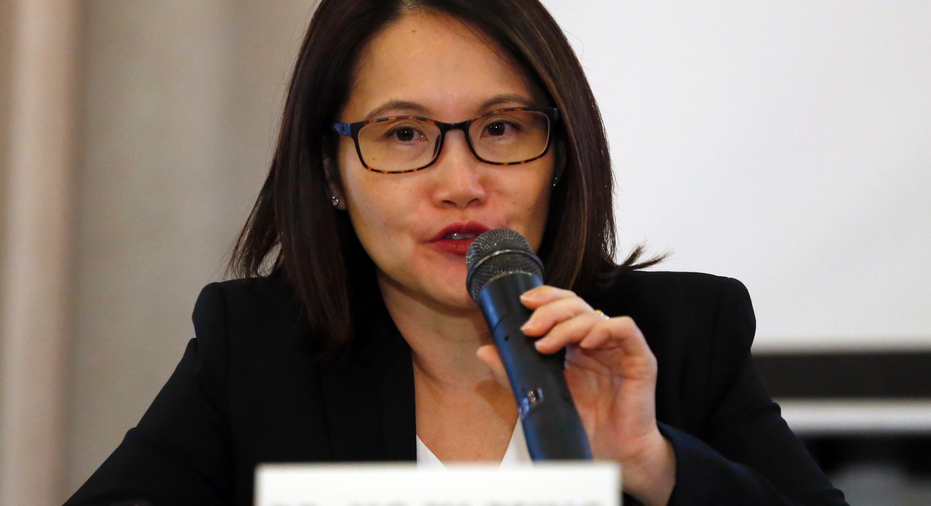Sanofi says it is cooperating with gov't on dengue vaccine

MANILA, Philippines – The manufacturer of a dengue fever vaccine that was suspended in the Philippines after a new study showed a greater risk of severe cases in people without previous infection said Monday it is working with authorities to address fears and share the new information.
The Philippine Department of Health put on hold its 3.5 billion peso ($69.5 million) public dengue immunization drive launched last year— the world's first such public program — after the study was released last week.
French-based Sanofi Pasteur said its long-term follow-up study of its Dengvaxia vaccine showed sustained benefits for up to six years for those who had previous dengue infection, but that people who never had dengue had an increased risk of a severe case and hospitalization from the third year after immunization.
More than 730,000 public school children aged 9 and above in three Philippine regions with high rates of dengue fever have received at least the first dose of Dengvaxia, the first licensed dengue vaccine.
"Today if you know somebody without previous infection, we would not recommend vaccination," said Dr. Ng Su-Peing, global medical head at Sanofi Pasteur.
Still, she said in places with a high incidence of dengue fever, such as the Philippines, where nine out of 10 children aged 9 to 14 are infected by the virus before adolescence, "the potential benefits of vaccination outweigh the potential risks in individuals with unknown serostatus."
Out of 100 people infected by dengue, only 25 typically show symptoms, she told reporters.
Ng said most participants in the study without previous dengue infection who fell ill had cases that ranked in the milder two of four levels of severity. No cases in the most severe level were recorded, and all those stricken with dengue in the study have fully recovered, she said.
Health Secretary Francisco Duque III said the Philippines will wait for a recommendation to be released on Dec. 12 or 13 by the Strategic Advisory Group of Experts on immunization, an advisory body of the World Health Organization.
Ching Santos, general manager of Sanofi Pasteur in the Philippines, said the company has begun sharing the new data with all stakeholders, including private health care professionals, and will cooperate with Philippine health authorities in an ongoing review of the public vaccination program.
Sanofi is also working with the Philippine Food and Drugs Administration to update product labels to reflect the new information, she added.
Dengue is a mosquito-borne viral infection found in tropical and subtropical climates worldwide. It causes a flu-like disease that can cause joint pain, nausea, vomiting and a rash. In severe cases, dengue can cause breathing problems, hemorrhaging and organ failure.
The World Health Organization says about half the world's population is at risk of dengue, with a recent estimate indicating 390 million infections per year, of which about 96 million people show symptoms.



















